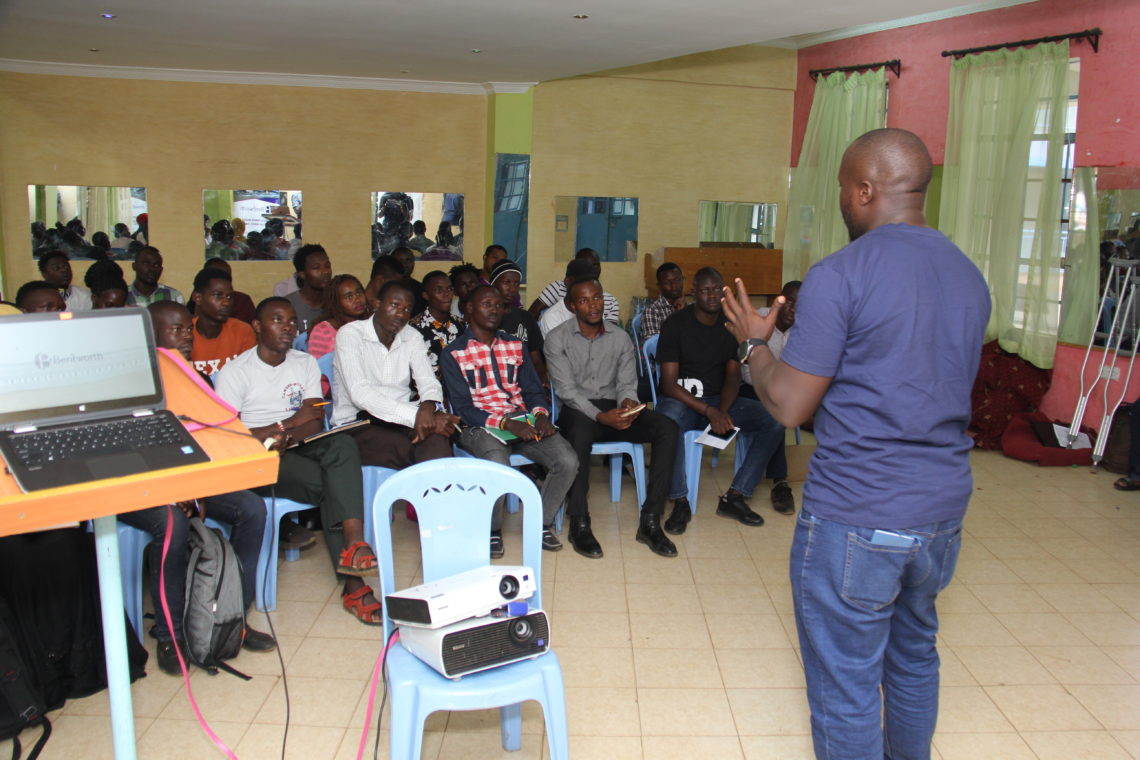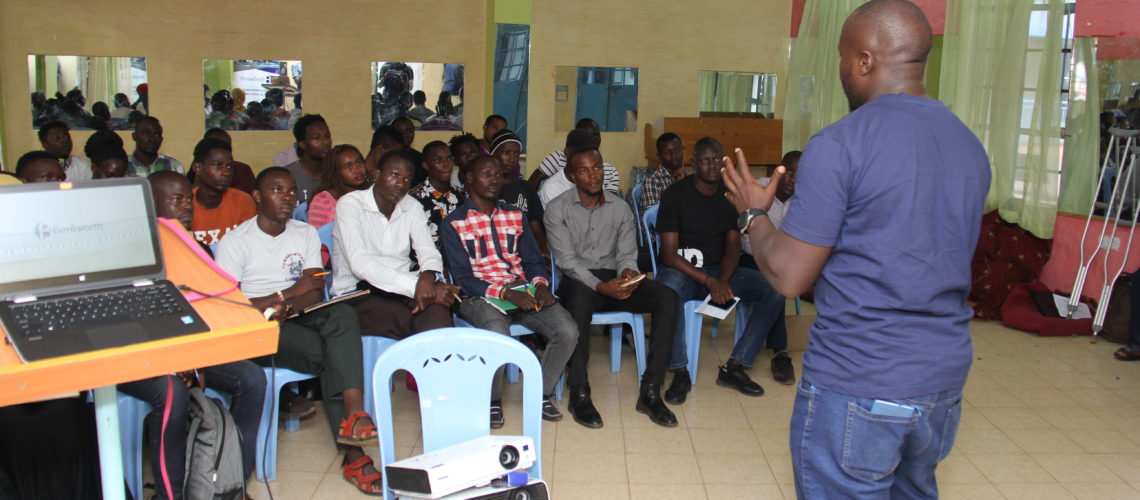This, our final installment of the Mind the Engineering Gap, summarises our conclusions and recommendations. These can be categorised in four areas, formal education, students, industry and government:
For education:

- How can more students be encouraged to undertake STEM subjects, how can students be convinced that “it is not hard, just hard work”?
- Can students be supported by schools to undertake work experience, greater industry knowledge prior to choosing to study engineering?
- Can universities provide more practical experience to students?
- How can universities encourage the development of soft skills, for example team work and timekeeping for students?
- How can universities better support students to get the most out of internships. Can they develop partnerships with industry to ensure that students get what they need to out of their internships. Could it be considered part of the course?
For students:

- They need to be open minded to learning things and gaining skills outside of formal education
- Before taking decisions about courses / future career paths they should read as widely as possible about what is involved and ideally meet with people who have already undertaken the course.
For industry:

- How can industries support the growth and development of their own future workforce via collaboration with universities?
- Is there more industries can do to ensure that interns are adequately prepared and have sufficient information to get the most out of their internship and achieve agreed objectives?
- Can industry engage students earlier, speaking at schools and career fairs?
- Can industry develop career paths that will open up positions to engineering graduates that enable them to gain more experience of working within the industry, perhaps initially focusing on the development of soft skills?
For government:
- How does the government support both industry and academia to encourage better synergies between the two?
If you have been following our findings we would like to know what you think. You can find all our previous blogs on this topic here. Please feel free to leave your comments below.


